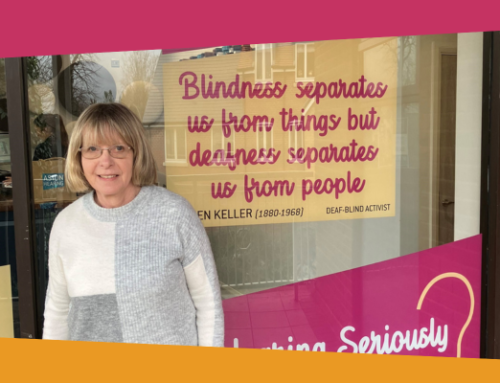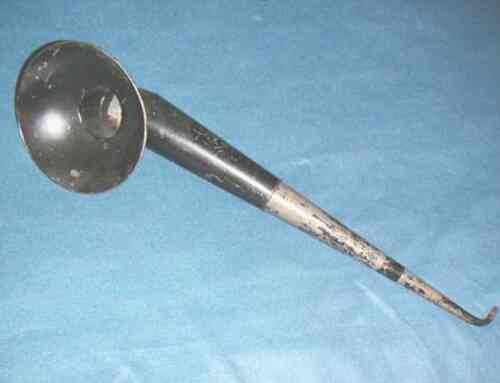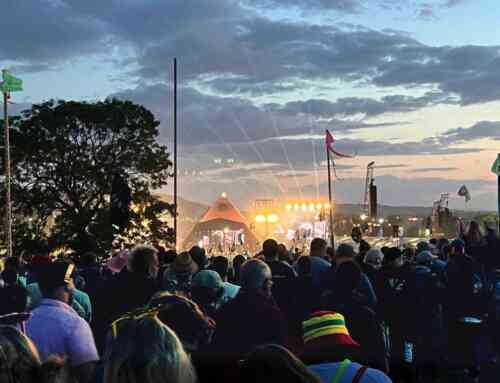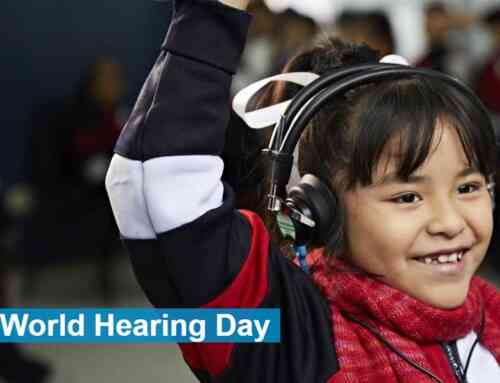Final checks on our holiday packing; sun-cream – check, insect repellant – check, spare hearing aid batteries- check, well you never know how easy it will be to find batteries in Cambodia, particularly in the jungle, and they are literally the life-line for my wife to the hearing world. So as a person lucky enough to have good hearing, what is it like travelling with someone who hasn’t?
Here are some observations from our recent holiday:
1. Transport
– transport is generally noisy, from the incessant hum of an aero engine to the whine of a two-stroke engine of a Tuk-Tuk struggling to get up a hill. I have to ensure that instructions around landing cards or points of interest are heard or repeated by me, to ensure that she doesn’t miss out on something important or interesting. One small upside for her though, is that being totally deaf in one ear and using a hearing aid in the other, she can take the hearing aid out avoiding using the cheap earplugs used on planes to help able hearing people get to sleep on overnight flights.
2. Language
– she is the language expert in the family (admittedly I am not setting the bar terribly high here), but often does a lot of the conversations. Neither of us can speak Khmer, so English is the only language to converse in – but given that she lip-reads to support her hearing, trying to do this with odd pronunciations of English words, or odd sentence construction where not only using the sound and lip movement but guessing what the word is likely to be, must be a lot more challenging and tiring than in England. This must be the reason for the mid-afternoon naps creeping into her holiday routine.
3. Water activities
– hearing aids can be expensive, and don’t react well to water and so in torrential rain, or any water based activities she takes her hearing aid out. This can make the activities more challenging. When in the jungle, we went along a river in a kayak looking for monkeys to take photos. I had the advantage of being able to not only look for movements of branches but also hear the rustling of the leaves and the monkey cries. A lot of hand signals were required to get her looking in the right direction. One advantage of not being able to hear was the roaring sound of the water rushing over rocks ahead, which spooked me as we approached, but did not worry her at all!

4. Accommodation
– Our holiday comprised traditional hotel rooms, but also a tent for the jungle section. As the sun goes down, the sounds of the jungle get louder and louder – the incessant chirrup of the cicadas, the annoying buzz of mosquitos, the call of the frogs (they are really loud after heavy rain), with the occasional gibbon cry. These sounds are fascinating to hear, but after a while, this combined with the buzz of a fan can start to get into your head when trying to get to sleep. Even in hotel rooms, the drone of the air-conditioning can annoy. No problem for Nikki – hearing aid out.
5. Whispering
– when observing new things that would be strange back home, you often want to whisper to each other to not draw attention or to hurt someone’s feelings. Whispering is not an ideal method of communicating with someone who is hard of hearing. “I’ll tell you later” needs to be understood as “this is a bit embarrassing/secretive and I don’t want anyone else hearing” as opposed to I can’t be bothered to repeat what I said, which unfortunately hard of hearing people get all the time.
People go on holiday for a number of reasons, sometimes to simply relax and get away from daily stresses, but often people go to experience something new. New sights, new food, new people, new smells, new sounds. Those of us with good hearing take experiencing new sounds for granted, fortunately, those with poor hearing can also experience these sounds too with a good hearing aid and a helpful fellow traveller – just don’t forget to pack the spare hearing aid batteries!





